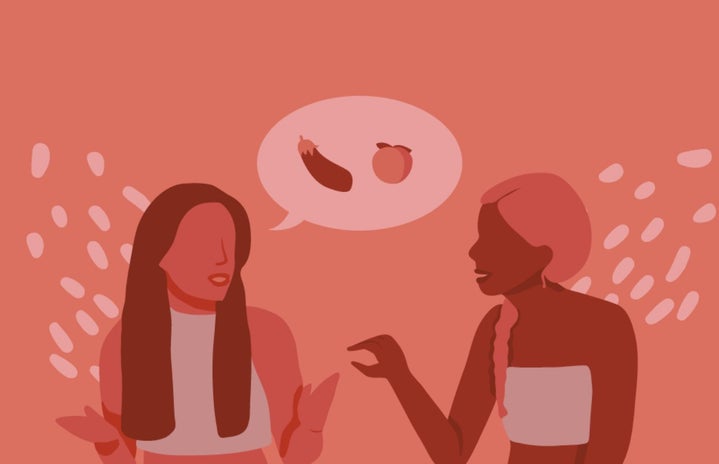People born after 1996 are considered members of Generation Z. Unlike the slightly older Millennials, who entered adulthood in the beginning of the 21st century, Gen Zers grew up with access to high-speed internet and “smart” devices. I’m a Gen Zer myself.
Gen Z is having less sex than previous generations. According to a joint study from Indiana University and the Karolinska Institute, sexual inactivity among Americans ages 18 to 24 significantly increased from 2000 to 2018. This shift was most dramatic among males, with 1 in 3 reporting no sexual activity in the past year. Considering the physiological benefits of sex, the researchers were alarmed by this trend and its long-term public health implications.
Delayed maturity
Dr. Twenge, a researcher from San Diego State University, sees Gen Z’s delayed sexual activity as one of many postponed developmental milestones. We take longer to start driving, dating, working paid jobs, and living on our own.
Let’s talk about employment.
Gen Z has only recently entered the labor force, and COVID-19’s disruption of the job market disproportionately affects us. Prior to the pandemic, Gen Z unemployment was still high, at 8.4 percent, but by the end of spring 2020, that figure nearly tripled to 24.4 percent. We were concentrated in the most vulnerable industries as interns or entry level employees. Unsurprisingly, we were the first to be let go.
It’s harder to get laid when you get laid off. I don’t think inviting a new partner over to your parents’ house is necessarily a preference for most young 20somethings hoping to get lucky. Milestones beget milestones — and the positive correlation (and implicit causation) between unemployment and sexual inactivity is statistically significant in Dr. Twenge’s study. Let’s not forget that the pandemic in and of itself is an issue in being sexually active. When it comes to COVID-19 transmission, understandably, many don’t want to get laid if it means that they or someone they love might contract a lethal virus.
The indirect effects of unemployment might be even more telling. Unemployed Gen Zers have to reckon with the uncertainty of a post-pandemic economy without having the experience of normal market conditions. It’s scary. Our mental health suffers, and the anxiety and depression spikes associated with COVID-19 job losses are well-documented. I haven’t even addressed the emotional trauma that stems from a racist society, violent politics, and a disregard for public health and safety.
Here’s my take. Sexual activity, especially the frequent sexual activity associated with regular partners, can require a certain degree of intimacy and vulnerability. Gen Z dating culture is defined by its aversion to intimacy, as we are sometimes reluctant to trust the people we date with our raw emotions in the fear that they will not accept us. And Gen Z’s political and economic uncertainty adds to this and breeds distrust across the board, in both institutions and individuals, and where there isn’t trust, there isn’t vulnerability. As a Gen Zer, I notice that fear of vulnerability getting in the way of young people connecting with each other even in a platonic sense. COVID-19 makes people feel physically and emotionally unsafe. Why would sex be any different?
Sex substitutes
The most recent internet boom has offered Gen Zers more options for recreation than generations past. There are multiple TV, film, and music streaming services and social media networks at our disposal. Sex is no longer seen as one of few ways young people can spend free time. It’s also worth noting that for many Gen Zers, sex is not solely considered a physical partnered act. With the normalization of porn use, masturbation, and digital sex, Gen Zers feel more comfortable expressing themselves sexually and romantically using technology as an aid. We may be having less sex in the traditional sense, but we’re still as sexual as previous young adults were.
Key takeaways
Is Gen Z having less sex a real problem? And if so, who’s to blame? Gen Z has more protected sex (also important: a growing awareness of consent). Gen Z has fewer teenage pregnancies. Despite these facts, Gen Zers are often blasted for being entitled, less skilled, and juvenile, as New York Post staff writer Suzy Weiss said.
My opinion? I don’t think Gen Z having less sex is the real problem. I think we have a lot of pressure to save the complex world we inherited. That is the real problem. It’s unfair to expect our generation to independently grapple with political polarization, income inequality, climate change, and racial injustice, and then shame us for being too consumed by technology to “grow up.”

I think we Gen Z kids grew up when we assumed the responsibility to save our world. I say, leave our sex lives out of it. That’s below the belt.


